Government ends NIS oil monopoly
The Serbian government has decided to allow free oil and oil derivates import and free forming of oil derivates prices in the market starting January 1, 2011.
Wednesday, 29.12.2010.
12:33

The Serbian government has decided to allow free oil and oil derivates import and free forming of oil derivates prices in the market starting January 1, 2011. The decision has repealed Oil Industry of Serbia (NIS) monopoly on oil derivates import which will liberalize the domestic market after years of waiting. Government ends NIS oil monopoly Energy Minister Petar Skundric has stated that this historical decision should not only mean better supply but also lower prices of oil derivates in Serbia. He expressed hope that the decision would modernize NIS and that the company would be one of the most competitive ones. “Liberalization of the oil derivates market should reflect on the quality of services and lead to somewhat lower prices during 2011,” Trade Minister Slobodan Milosavljevic pointed out. “2011 will definitely bring full liberalization of oil and derivates trade and prices of oil and derivates in the Serbian market. This was the government’s promise, at the same time that’s the agreement which was reached with the strategic investor Gazpromneft and that’s meeting of the Serbian citizens’ expectations, but also of all the participants in the oil and derivates import and export market,” he explained. More than 240 companies in Serbia have the import license. Skundric has stated that the existing import licenses will still be valid, while different rules will apply to new companies that apply for the license. “I think that it is good that we will have competition of powerful companies, we will have an opportunity to test our NIS in the free competition and in the free game and to achieve the planned goal to be a leader in the region through that free game. I expect the prices of oil derivates to be below average prices in the region,” he stressed. Oil companies, however, do not share the minister’s enthusiasm. President of Nafta company Nebojsa Atanackovic says that one should not expect lower prices of oil derivates in the first several months after the market liberalization because excise will increase by about RSD 6 on gas and about RSD 4.5 on diesel fuel after New Year. General trend of increase in crude oil price will also affect the prices. Larger competition should contribute to decrease in prices of oil derivates in the domestic market in the long run. However, according to Balkan Magazin Editor Jelica Putnikovic, fuel prices will also depend on how much oil companies want to earn. “Both NIS and some oil companies have already announced that they won't have same prices at all gas stations. And this will be the first sign of the market. Maybe we're even going to have more expensive fuel in Belgrade, on highway or some busy road, but somebody who wants to earn money and who has a gas station in parts where population is poor will have to form the prices according to the purchasing power,“ she explained. Regulation baninng the import of oil derivates, which will be repealed now, was introduced in order to protect NIS from the competition and it was aimed to renovate and modernize rafinery plants so NIS would produce European quality products. Therefore, all imported oil was refined in NIS refineries. (Beta)
Government ends NIS oil monopoly
Energy Minister Petar Škundrić has stated that this historical decision should not only mean better supply but also lower prices of oil derivates in Serbia.He expressed hope that the decision would modernize NIS and that the company would be one of the most competitive ones.
“Liberalization of the oil derivates market should reflect on the quality of services and lead to somewhat lower prices during 2011,” Trade Minister Slobodan Milosavljević pointed out.
“2011 will definitely bring full liberalization of oil and derivates trade and prices of oil and derivates in the Serbian market. This was the government’s promise, at the same time that’s the agreement which was reached with the strategic investor Gazpromneft and that’s meeting of the Serbian citizens’ expectations, but also of all the participants in the oil and derivates import and export market,” he explained.
More than 240 companies in Serbia have the import license.
Škundrić has stated that the existing import licenses will still be valid, while different rules will apply to new companies that apply for the license.
“I think that it is good that we will have competition of powerful companies, we will have an opportunity to test our NIS in the free competition and in the free game and to achieve the planned goal to be a leader in the region through that free game. I expect the prices of oil derivates to be below average prices in the region,” he stressed.
Oil companies, however, do not share the minister’s enthusiasm. President of Nafta company Nebojša Atanacković says that one should not expect lower prices of oil derivates in the first several months after the market liberalization because excise will increase by about RSD 6 on gas and about RSD 4.5 on diesel fuel after New Year. General trend of increase in crude oil price will also affect the prices.
Larger competition should contribute to decrease in prices of oil derivates in the domestic market in the long run. However, according to Balkan Magazin Editor Jelica Putniković, fuel prices will also depend on how much oil companies want to earn.
“Both NIS and some oil companies have already announced that they won't have same prices at all gas stations. And this will be the first sign of the market. Maybe we're even going to have more expensive fuel in Belgrade, on highway or some busy road, but somebody who wants to earn money and who has a gas station in parts where population is poor will have to form the prices according to the purchasing power,“ she explained.
Regulation baninng the import of oil derivates, which will be repealed now, was introduced in order to protect NIS from the competition and it was aimed to renovate and modernize rafinery plants so NIS would produce European quality products. Therefore, all imported oil was refined in NIS refineries.





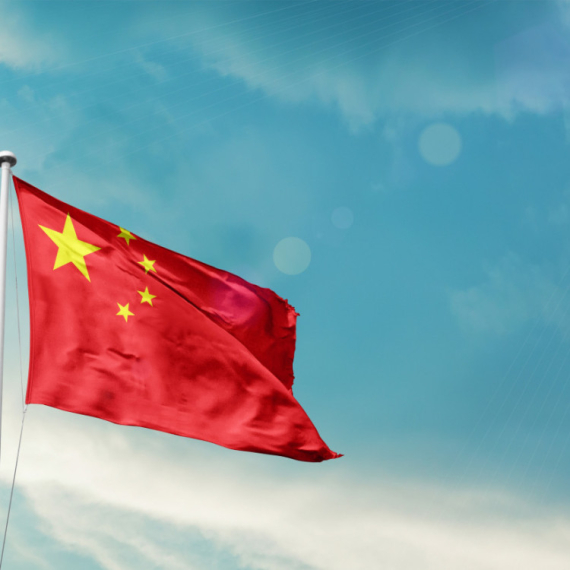




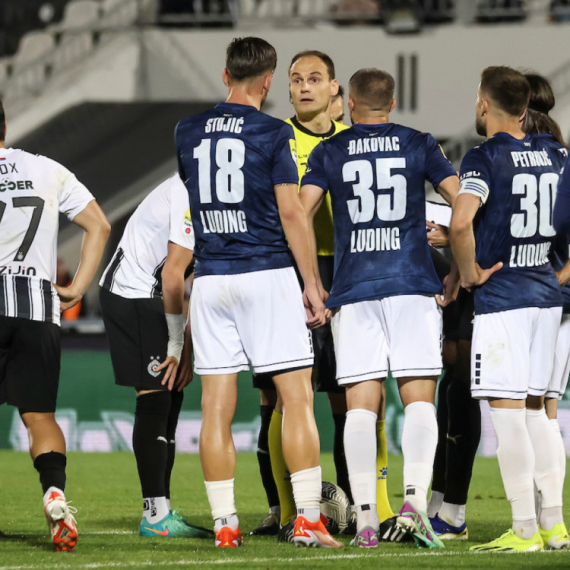





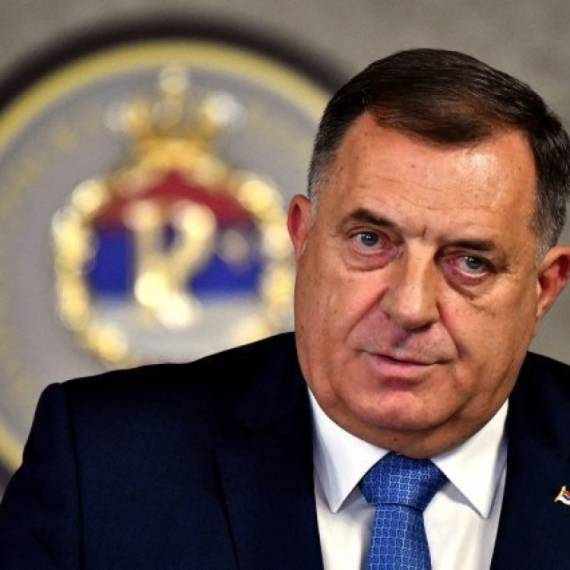








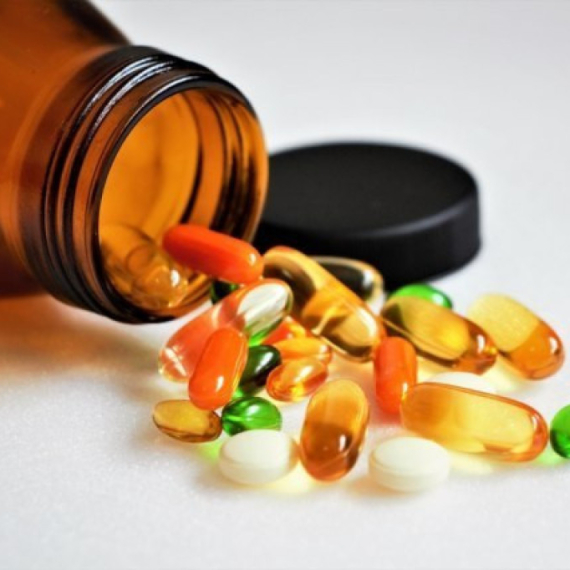



























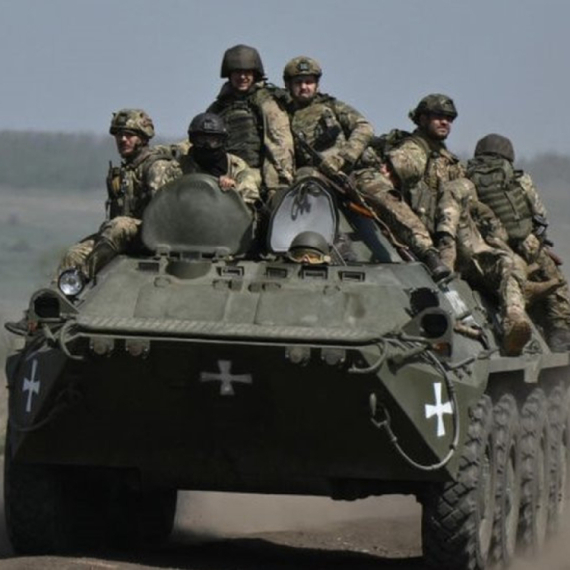





Komentari 0